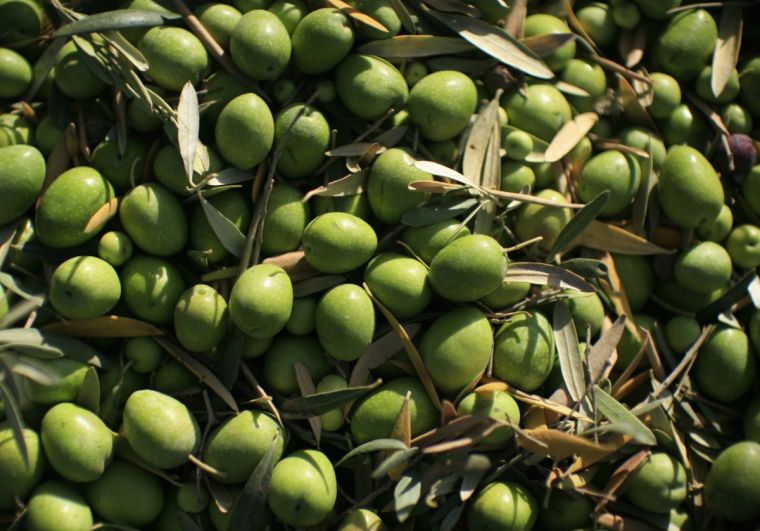How a story of the prophet Elisha challenges our faith today

In 2 Kings 4:1-7 we read the story of how a poor widow and her family were miraculously preserved by the power of God. It's one of a number of stories that speak to us of God's abundant care for his people.
This one focuses on the prophet Elisha. He goes about with a band of disciples known as "the company of the prophets". One of them dies, leaving a widow and two sons. She's destitute and faces the horrible prospect of her sons being sold into slavery to pay the family's debts. So she appeals to Elisha, calling her husband "his servant" and highlighting the irony of her boys being forced into a far worse form of servitude.
Elisha asks how he can help her and what she has in her house. Nothing, she says, before remembering: "Only a little oil." Elisha tells her to go and ask her neighbours for empty jars, as many as they can spare, and fill them all up from the jar that she has. The oil only stops flowing when the jars are full.
In this strange short story we can see three things.
First, the woman thought she had nothing, but realised she still had something to offer. God takes even our smallest gifts and does something worthwhile with them. Jesus told the story of the widow's mite – the tiny coin she dropped into the temple treasury that was worth more than all the showers of gold poured out by those who could afford it. And we have the story of the boy with the loaves and two fishes that fed a multitude. Never underestimate what God can do with your gift.
Second, don't limit what God can do by your lack of faith. It would have been easy for the woman to assume God's supply was limited. In fact the only limitations were human, not divine.
We often live lives that are far more limited than they ought to be, spiritually and in other ways. The temptation is to think we're only capable of what we think we're capable of. So we avoid putting ourselves in positions where our faith will be challenged and stretched. We don't trust God to provide the resources we need, so we don't ask him.
Third, she was given enough, but no more. She was rescued from poverty, but not made rich. The Bible is rather suspicious of riches. They can lead us to be less dependent on God. And this is true in a spiritual sense, as well: if someone is very gifted and talented, it can mean they pray less, read their Bibles less and consult with others less. God does not want us to be dominated by the fear of poverty, failure and defeat. But neither does he want us to be independent of him, reliant on our own abilities and resources. Proverbs 30:8-9 says: "Give me neither poverty nor riches; feed me with the food that is needful for me, lest I be full and deny you and say, 'Who is the Lord?' or lest I be poor and steal and profane the name of my God."
There are no limits to what God can do. We limit him when we fail to trust him. And he would rather we achieved less and continued to trust him than achieved more and forgot all about him.











